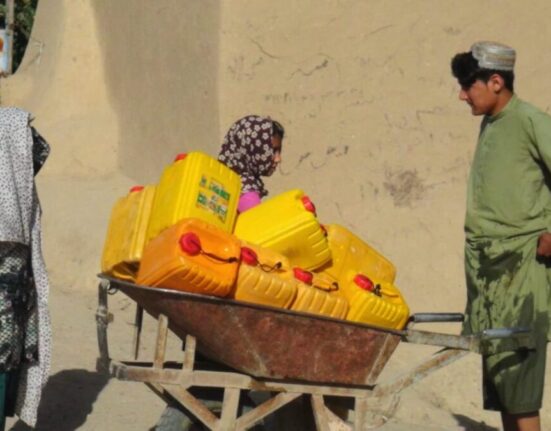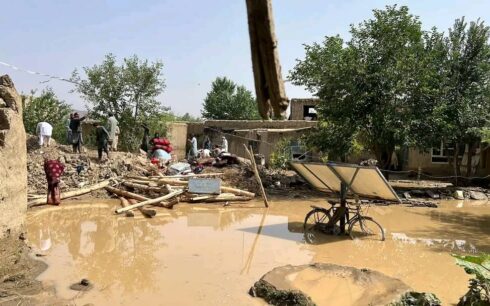In the latest crackdown on women and girls in Afghanistan, private universities were told Saturday not to allow female students to write next month’s university entrance exam.
In a letter sent to private universities in the northern provinces, including Kabul, the Taliban’s ministry of higher education said this was “until further notice” and institutions that fail to abide by the order will face legal action.
In December, the ministry told universities not to allow female students to continue with their studies – this was also “until further notice”. Just four days after issuing this order, the Taliban stopped women from working for NGOs.
Last week, the UN’s deputy secretary general led a high ranking delegation to Afghanistan where they met with a number of Taliban officials to discuss the increasing restrictions on women and girls.
The UN’s deputy chief Amina Mohammad, and UN Women Executive Director Sima Bahous met with Taliban officials in Kabul and Kandahar and attempted to get them to overturn some of the restrictions, especially the ban on women working.
However, speaking after her visit, Mohammad said the Taliban was mostly concerned about the world not having recognized the group as the legitimate government and that they were not represented in the UN.
At a press conference earlier this week, Mohammad said the delegation “met with three, four ministers, from the foreign minister to the agricultural minister to the refugees and repatriation and also the deputy prime minister.
“We moved on to Kandahar. We met with the Shura, the Ulema that gives the edicts, the laws that pass through. And we met with the governor’s office, the deputy governor and his cabinet.
“In the case of the engagement with the Taliban, their messages were off one script – all the things they say they have done and that have not got recognition for. We reminded them that even in the case where they talked about the rights, edicts that they had promulgated for protecting women, they were giving rights with the one hand and taking away with the other, and that was not acceptable.”
Reporter: Shukria from Kabul





